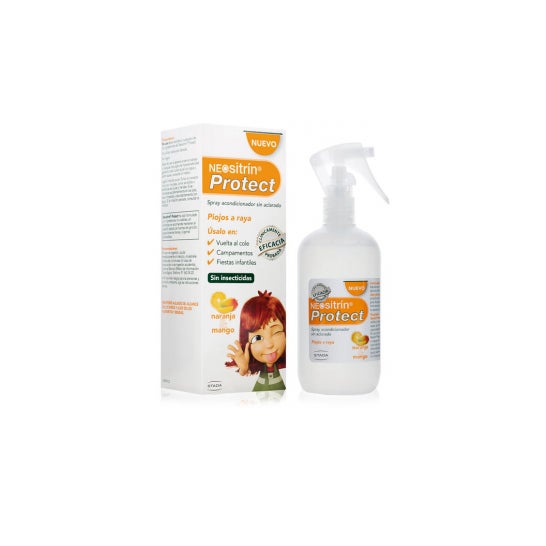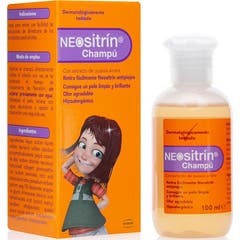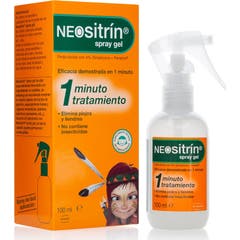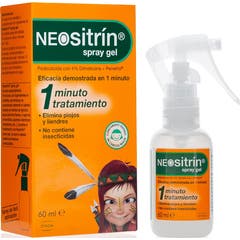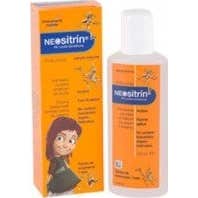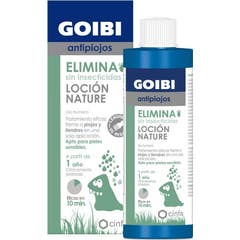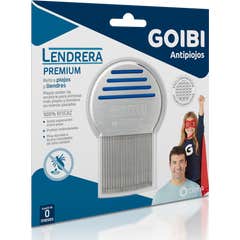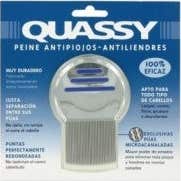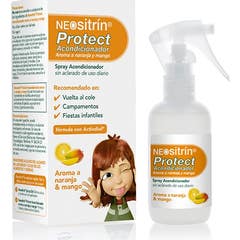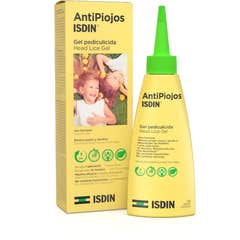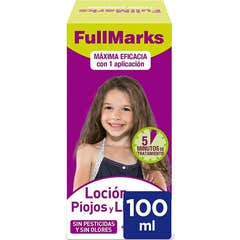Safety visual aids
Manufacturer details
Authorised representative
Safety visual aids
At this time we do not have safety images for this product, but we are working on it. We encourage you to check back later for updates. In the meantime, we recommend that you read the safety information that comes with the product before using it. If you have any questions about safety, please do not hesitate to contact us. Also, if you wish, you can also return the product by following our terms and conditions.
Manufacturer details
Manufacturing data details relevant information from the product manufacturer.
Laboratorio Stada, S.L.U.
Carrer de Frederic Mompou, 5, 08960 Sant Just Desvern, Barcelona
info@stada.es
https://www.stada.es/
Authorised EU Representative
European representative responsible for verifying product compliance with current regulations.
Laboratorio Stada
Carrer de Frederic Mompou, 5, 08960 Sant Just Desvern, Barcelona
info@stada.es

